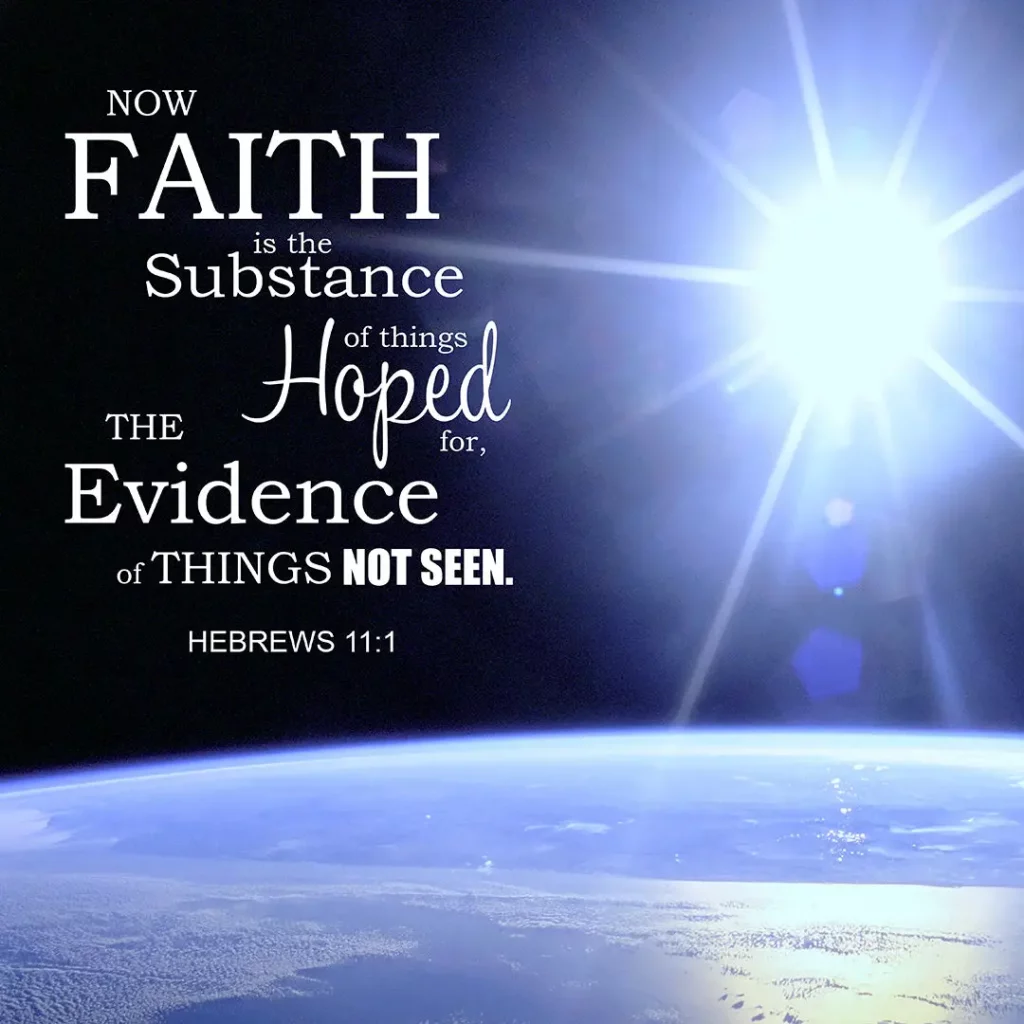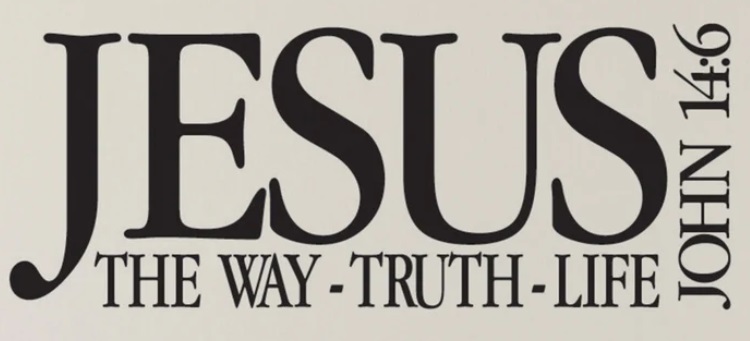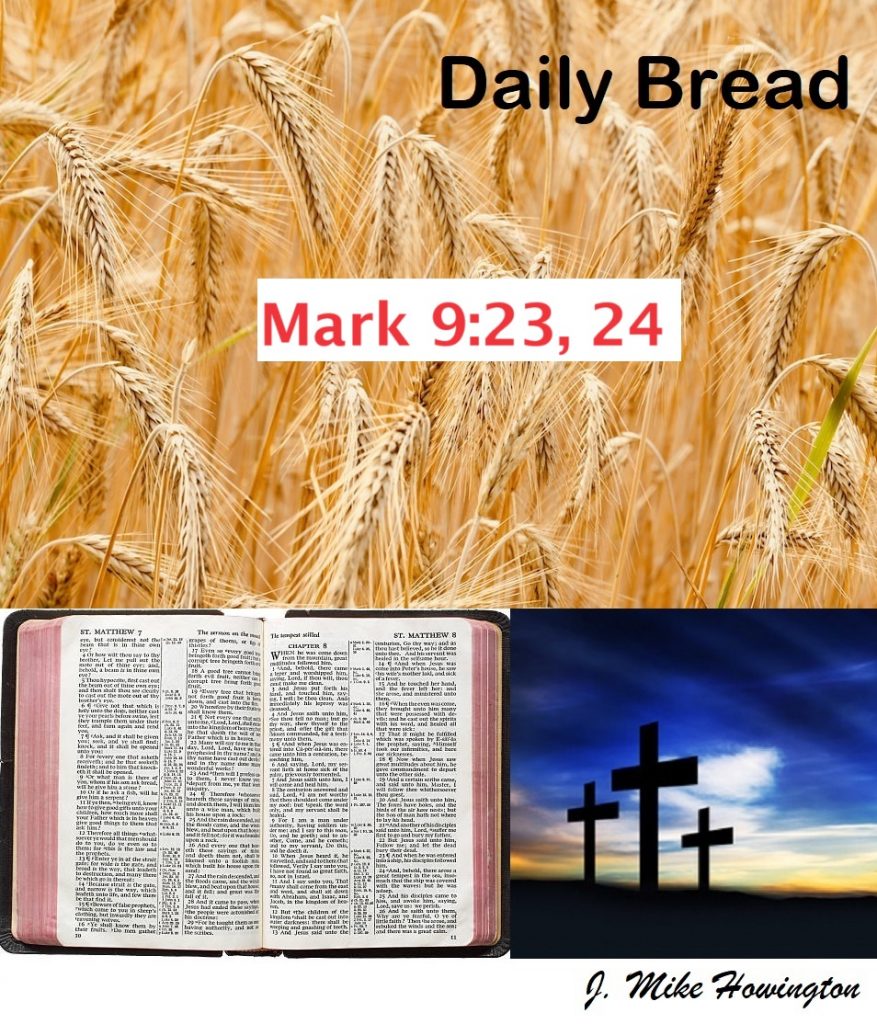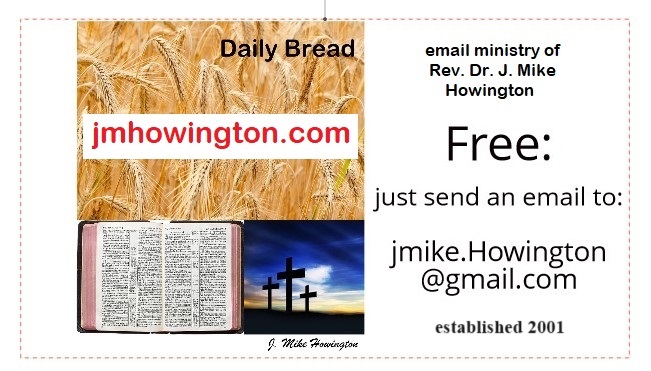In Mark chapter 9, we learn that on the mountaintop or in the valley, if we don’t utterly rely on Jesus, we will fail. And the moral lesson is that prayer is a way to more faith; there can be no higher degrees of faith except through abundant prayer. Jesus teaches that our faith needs to grow the uttermost. We also learn that human limitations like doubts and strong emotions hinder Jesus’ ability to always do the right thing. (Mark 9:14-29)
In Mark 9:21-24, Jesus answered a father’s prayer in the greatest way – Jesus helped the father to “overcome his unbelief!”
Those who lack faith, but pursue truth, will find it in Christ (Mark 9:24; John 14:6).
You can have faith and unbelief at the same time. And when you find yourself caught between the two, you can pray like the father in Mark 9:24, “I believe. Help my unbelief!” And you can trust that God “Who began a good work in you, will bring it to completion at the day of Jesus Christ” (Philippians 1:6).
“All Things are Possible to Him Who Believes”
A father compelled Jesus saying, “If You can do anything, have compassion on us and help us.” Jesus said to him, “If you can believe, all things are possible to him who believes?” Immediately the father of the child cried out and said with tears, “Lord, I believe; help my unbelief!” (Mark 9:23, 24)
The father in this account is challenged by Jesus’ exhortation for faith. He did believe in Jesus’ power to deliver his boy – after all, why else would he have come to Jesus? But he also recognizes his doubts. So, he tearfully pleads with Jesus: “Lord I believe; help my unbelief!”
The man seems unsure if Jesus can do anything. But the “if” isn’t regarding what Jesus can do. The “if” is about the man’s faith.
Putting an “if” on the faith of the man tacitly suggests, that power was not wanting in that father, but faith was wanting in him. And should the cure not be performed, it would not be owing to any inability in him, but to his own incredulity. 1
Jesus responded to the dad’s doubt by saying that anything is possible if a person believes. The word “possible” is the Greek word “dunata,’ and it expresses the idea of ability, power, one who is able and capable, or one who is competent.
That is all things are possible to be done for him, by God, or Christ, or the Spirit of God. Thus, our Lord ascribes that to faith, which is done by a divine power. 1
This event was also a call for the father (and the disciples) to believe that God is in control even when circumstances seem the most chaotic and desperate.
In this case, the man’s unbelief was not a rebellion against or a rejection of God’s promise. He did not deny God’s promise; he desired it. However, it just seemed too good to be true. Thus, he says, “Help my unbelief!”

Jesus demanded “faith” or confidence in his power of healing. His design was to show the man that the difficulty in the case was not in the want of “power” on his part but in the want of “faith” in the man. In other words, Jesus rebuked him for having “doubted” at all whether He “could” heal the father’s son. Jesus demands faith of every sinner that comes to Him, and none that come without “confidence” in Him can obtain the blessing. 2
“Help my unbelief” is something a man can only say by faith. “While men have no faith, they are unconscious of their unbelief; but, as soon as they get a little faith, then they begin to be conscious of the greatness of their unbelief.” 3
When we trust God as true, and all His promises as true, all things He promises are possible.
But we have to believe God is true.
The Chicken or The EggIt’s commonplace to treat belief and faith as synonyms, but there are important differences. Faith involves reliance and trust. Faith endures in the face of doubt whereas belief is simply something we take as true.
So, what comes first, belief or faith? A person will only be able to keep his/her faith in someone/something when he/she believes in the same, in the first place. For instance: A person who says he/she has his/her faith in God then the same is only possible because of his/her belief in God.
Doubts are a natural part of believing. Doubts do not equate with unbelief. Doubting is not a lack of faith. Doubt isn’t the opposite of faith; it is an element of faith. In Genesis, Abraham doubted whether God was really going to make good on His promise to give him and Sarah a son.

Faith means believing without seeing or fully comprehending something, or believing without seeing. (Hebrews 11:1) Faith is in large part based on trust, and trust is in large part based on experience. No one trusts someone they don’t know at all.
Now what is it called when you believe in God but don’t go to church? Belief and faith may not be directly related to attendance or absence from church. Not going to church but believing in God defines the term “Ietsism” and is becoming more widely used in Europe, as opposed to the phrase “spiritual but not religious” which prevails in North America.
A belief in God but not religion falls under the category of agnostic theism. The belief in God exists, but there may be a rejection of the institutional orthodoxy and orthopraxy of the religion.
If you believe in God but not Jesus, you might be labeled a Christian deist who does not worship Jesus as God. However, there are differing views concerning the exact nature of Jesus, as well as differing levels of hewing to traditional, orthodox deistic belief on this issue.
The Omnipotence Of FaithThe necessity and power of faith is a prominent lesson of the narrative of the healing of a demoniac boy as in Mark 9:23, 24.
The whole interest is shifted to the father and more prominence is given to the process by which his doubting spirit is led to trust, than to that by which his son is healed.
Here we have our Lord telling us that faith is omnipotent.
Jesus put no limitations by saying, “If you can believe, all things are possible to him who believes .” All things are possible to the believer – All things can be affected or accomplished – by God – in favor of the believer. If you can believe, this will be done.
“The power of faith is the consequence of the power of God. All things are possible to Him; therefore, all things are possible to me, believing in Him. If we translate that into more abstract words, it just comes to the principle that the power of faith consists in its taking hold of the power of God. It is omnipotent because it knits us to Omnipotence. Faith is nothing in itself, but it is that which attaches us to God, and then His power flows into us.” 4
Unbelief, and distrust of Him, separate us from God and closes our hearts against His grace.
Unbelief, and distrust of Him, separate us from God and closes our hearts against His grace.
Our faith determines the amount of our power. That is true about our own individual religious life, and true in reference to special capacities for Christ’s service.
Pursue the Truth of Jesus Which is the Way To GodThose who lack faith, but pursue truth, will find it in Christ (Mark 9:24; John 14:6).
The search for truth is important to humans because it is a natural urge to understand the world and our place in it. The quest for truth provides meaning and purpose to our lives and helps us make sense of our experiences and observations.
Truth isn’t something that you get out of a test tube, or a math formula. Jesus referred to the truth that comes from His voice and the voice of His spirit. It goes much deeper than our definition of truth. Jesus was, in fact, speaking and bringing the truth.
The Bible has much to say about truth and directly relates it to God. In fact, the definition of truth in “Harper’s Bible Dictionary” includes the statement that “God is truth.”
Jesus said He was Truth.

A simple definition, drawn from what the Bible teaches: Truth is that which is consistent with the mind, will, character, glory, and being of God. Even more to the point: Truth is the self-expression of God.
That Biblical meaning of truth is what we must pursue in our prayers and studies in order to grow our faith.
______________Affiliate link – SHOP: _______________
_This ad is for my favorite version of The Bible _
_____but click on it to go to the whole store______


NASB Comfort Print Thinline Bible, Red Letter Edition–bonded leather, burgundy (click here)
By Zondervan
The beloved 1995 Edition of the New American Standard Bible is now easier to read with Zondervan’s exclusive NASB Comfort Print® typeface. This edition of the NASB Thinline Bibles is available in a variety of sophisticated designs in a portable, easy-to-read format.
- The full text of the New American Standard Bible, 1995 Edition
- Exquisite, durable covers
- Less than one inch thick
- Double-column format
- Presentation page
- Two satin ribbon markers
- Words of Christ in red
- Exclusive Zondervan NASB Comfort Print 9 point type
Features:
____________________________________________
Consider the Daily Bread email message sent on 3/16/2024 which says,

Mark 9:23, 24 – And Jesus said to him, “ ‘If You can?’ All things are possible to him who believes.” Immediately the boy’s father cried out and said, “I do believe; help my unbelief.” (NASB)
To receive the Daily Bread email messages, free on Mon., Wed., and Fri., in your email inbox, just fill in the form below or send an email, and ask to be added, to jmikeh@jmhowington.com
Click Here to Scroll To Top of the Page
Cited References:
- John Gill, John Gill’s Exposition of the Bible, https://www.biblestudytools.com/commentaries/gills-exposition-of-the-bible/mark-9/ John Gill’s Exposition of the Bible is in the public domain and may be freely used and distributed.
- Albrert Barnes, “Barnes’ Notes on the Whole Bible”. https://www.studylight.org/commentaries/eng/bnb/1-thessalonians-5.html 1870. These files are public domain.
- Spurgeon, Charles Haddon. “Commentary on Mark 9:24”. “Spurgeon’s Verse Expositions of the Bible”. https://www.studylight.org/commentaries/spe/john-14.html. 2011. These files are public domain.
- Alexander Maclaren, Expositions of Holy Scripture, (Seattle, WA:Kindle Direct Publishing, 9/4/2015)

